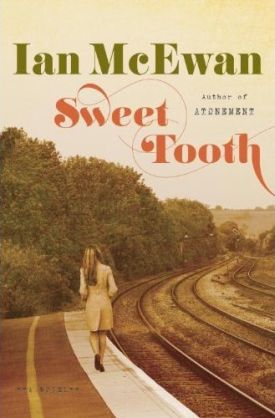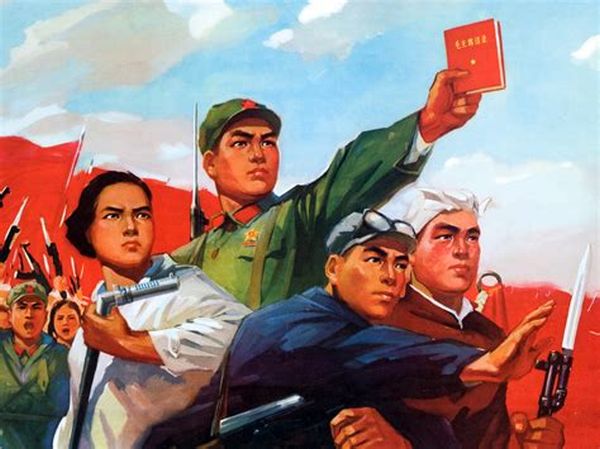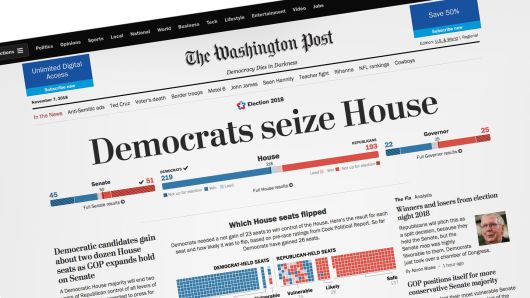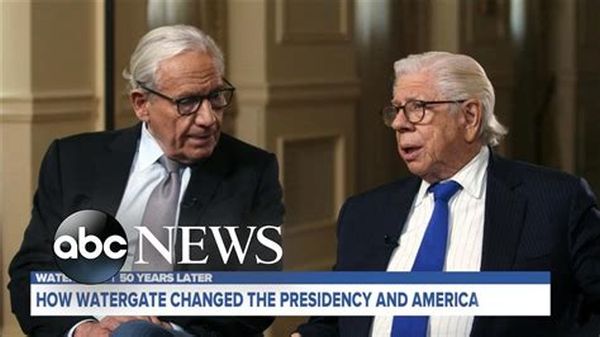Sweet Teeth
From The Washington TimesSWEET TOOTH
By Ian McEwan
Nan A. Talese/Doubleday, $26.95, 320 pages
Early on in “Sweet Tooth,” Ian McEwan has his heroine, Serena Frome (rhymes with “plume”), a young employee of Britain’s MI-5 internal security bureau in the early 1970s, describe her own reading habits:
“I suppose I was, in my mindless way, looking for something, a version of myself, a heroine I could slip inside as one might a pair of favorite old shoes.” Somehow this person had eluded her. “I suppose I would not have been satisfied until I had in my hands a novel about a girl in a Camden bedsit who occupied a lowly position in MI5 and was without a man.”
What she didn’t like in the books she devoured were writers “who infiltrated their own pages as part of the cast. So no tricksy haggling over the limits of their art, no showing disloyalty to the reader by appearing to cross and recross in disguise the borders of the imaginary. No room in the books I liked for the double agent.”
Those who remember the ending of Atonement (2001) will be on their guard. Sure enough, the upthrust of Sweet Tooth will be a bit of “tricksy haggling” involving an interchange of roles between Serena and her creator.
Maybe it’s just me, but I found this much less annoying than it was in Atonement and oddly detachable from the rest of the novel. I think it is at least partly because of its success in conjuring up what it was like in Britain during the later part of the premiership of Edward Heath, the miners’ strike and the three-day week of 1973-74. Anyone who was there will find that Mr. McEwan is very good with the atmospherics of the time and place.
Yet his purpose is not mere nostalgia. Like Martin Amis’s The Pregnant Widow, Sweet Tooth looks back on the 1970s with the benefit of hindsight as a time when the culture took a wrong turn, though Mr. McEwan is no more sure than Mr. Amis what we could have done differently.
Serena is both beautiful and brainy, a graduate of Cambridge in mathematics, but much more interested in literature. After an affair with a professor named Tony Canning who had been a member of the British intelligence services, she is recruited by MI-5 and gets involved in a secret program to fund “culture” — especially novelists and poets — in imitation of the CIA’s now famous but once secret subsidy to Encounter magazine.
Of course, the inevitable happens and the subsidy is made public, at least in the case of Serena’s particular client, Tom Haley, whose lover she also becomes. Hers is thus a new, post-sexual revolution version of the classic conflict between personal and political loyalties that had made such an impact on Britain with the betrayal of the Cambridge Five.
Serena’s dalliance is not with a foreign power but with a representative of the semi-detached, increasingly alien official British culture of the period. Her loyalty to her country is also, to an unusual extent, cultural, as we can see from the way Mr. McEwan presents to us her decision to join the secret service after a walk among the sex shops and hippies of London’s Soho.
Her hippie-ish younger sister Lucy, she tells us,
had told me more than once that the past was a burden, that it was time to tear everything down. A lot of people were thinking that way. A seedy, careless insurrection was in the air. But thanks to Tony I now knew with what trouble it had been assembled. Western civilization, imperfect as it was. We suffered from faulty governance, our freedoms were incomplete. But in this part of the world our rulers no longer had absolute power, savagery was mostly a private affair. Whatever was under my feet in the streets of Soho, we had raised ourselves above filth. The cathedrals, the parliaments, the paintings, the courts of law, the libraries and the labs — far too precious to pull down.
It turns out to be an interesting prelude to her falling victim to a scandal over trying to promote culture in the same spirit — and it gives us a way of looking at that scandal not as hers but as the culture’s, which, in retrospect, it was. We may even pinpoint the moment when patriotism and love of one’s country’s culture and institutions became “right wing” — sentiments to be ashamed of even for many who were (temperamentally, at least) right-wing themselves.
That, surely was the point of the wrong turn mentioned above, though Mr. McEwan is too much the novelist, too little a polemicist to suggest the sort of laborious backtracking that would be necessary to put it right. Only Serena and Tom may find a kind of resolution of the conflict that embroils them through the kind of tricksy, break-through-the-fourth-wall ending that is now part of the author’s stock-in-trade.
Discover more from James Bowman
Subscribe to get the latest posts to your email.







